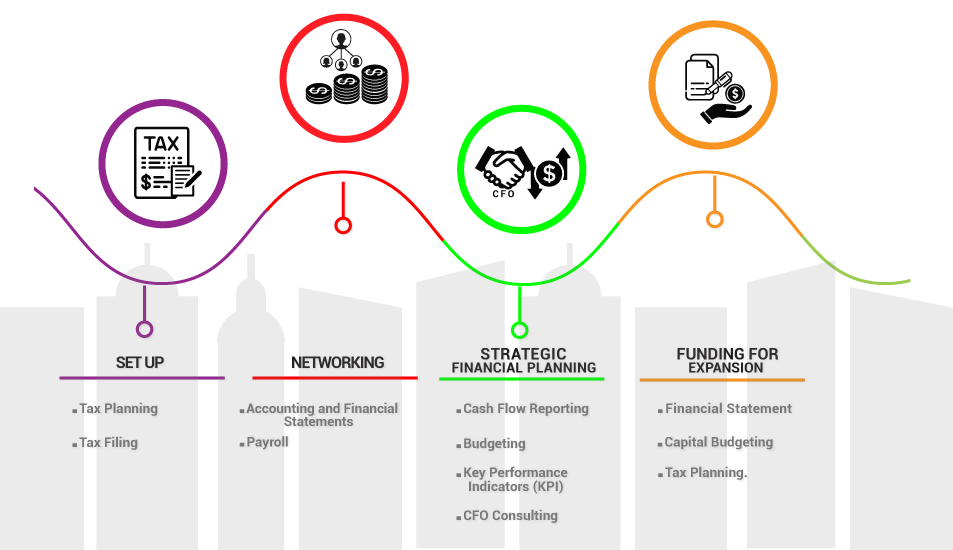
Maximizing Business Success: Top 10 Goal Setting Tips
Setting effective goals is a crucial aspect of achieving success in the business world. Whether you’re an entrepreneur, a small business owner, or part of a larger corporation, strategic goal setting can pave the way for significant accomplishments. In this article, we will explore ten essential tips to help you set and achieve your business goals.
**1. Understanding Your Vision and Mission
Begin your goal-setting journey by gaining a clear understanding of your business’s vision and mission. What does your company stand for, and what do you aim to achieve in the long run? Aligning your goals with your broader vision ensures that every step you take contributes to the overall success of your business.
2. Setting SMART Goals
To make your goals more actionable, follow the SMART criteria: Specific, Measurable, Achievable, Relevant, and Time-bound. Clearly define what you want to accomplish, establish measurable criteria, ensure the goals are realistic, relevant to your vision, and set a definite timeframe for completion.
3. Conducting a SWOT Analysis
Performing a SWOT analysis (Strengths, Weaknesses, Opportunities, Threats) is a valuable exercise before setting goals. Understanding your internal strengths and weaknesses, as well as external opportunities and threats, provides insights that can inform your goal-setting strategy.
4. Prioritizing Goals
Not all goals are created equal. Prioritize your goals based on their significance and potential impact on your business. This helps you focus your time and resources on what truly matters, increasing the likelihood of success.
5. Breaking Down Goals into Milestones
Large goals can be overwhelming, making it essential to break them down into smaller, manageable milestones. This approach allows for a more systematic and achievable progression, boosting motivation and providing a clear roadmap.
6. Creating an Action Plan
Develop a detailed action plan for each goal, outlining the specific steps and resources required. Clearly defined action plans enhance accountability and make it easier for your team to understand their roles and responsibilities in achieving the set objectives.
7. Monitoring Progress Regularly
Regularly monitor and assess your progress towards your goals. Implementing key performance indicators (KPIs) helps you track the success of your initiatives and make necessary adjustments along the way. Flexibility is crucial to adapt to changing circumstances.
8. Encouraging Collaboration and Communication
Foster a collaborative environment within your team. Effective communication ensures everyone is on the same page regarding the business goals. Encourage open dialogue and the sharing of ideas to enhance creativity and problem-solving.
9. Celebrating Achievements
Recognize and celebrate both individual and team achievements. Acknowledging success boosts morale and motivates employees to continue working towards the next set of goals. A positive and rewarding work environment contributes to sustained business success.
10. Learning from Setbacks
Inevitably, setbacks will occur. View them as opportunities to learn and grow. Analyze the reasons behind any setbacks, adjust your strategies accordingly, and use the experience to inform future decision-making.
In conclusion, successful goal setting in business requires careful planning, regular monitoring, and a commitment to continuous improvement. By following these ten tips, you’ll be better equipped to navigate the complexities of the business world and maximize your chances of achieving long-term success.
To delve deeper into effective goal setting for business, consider exploring additional insights at Goal Setting Tips Business.










